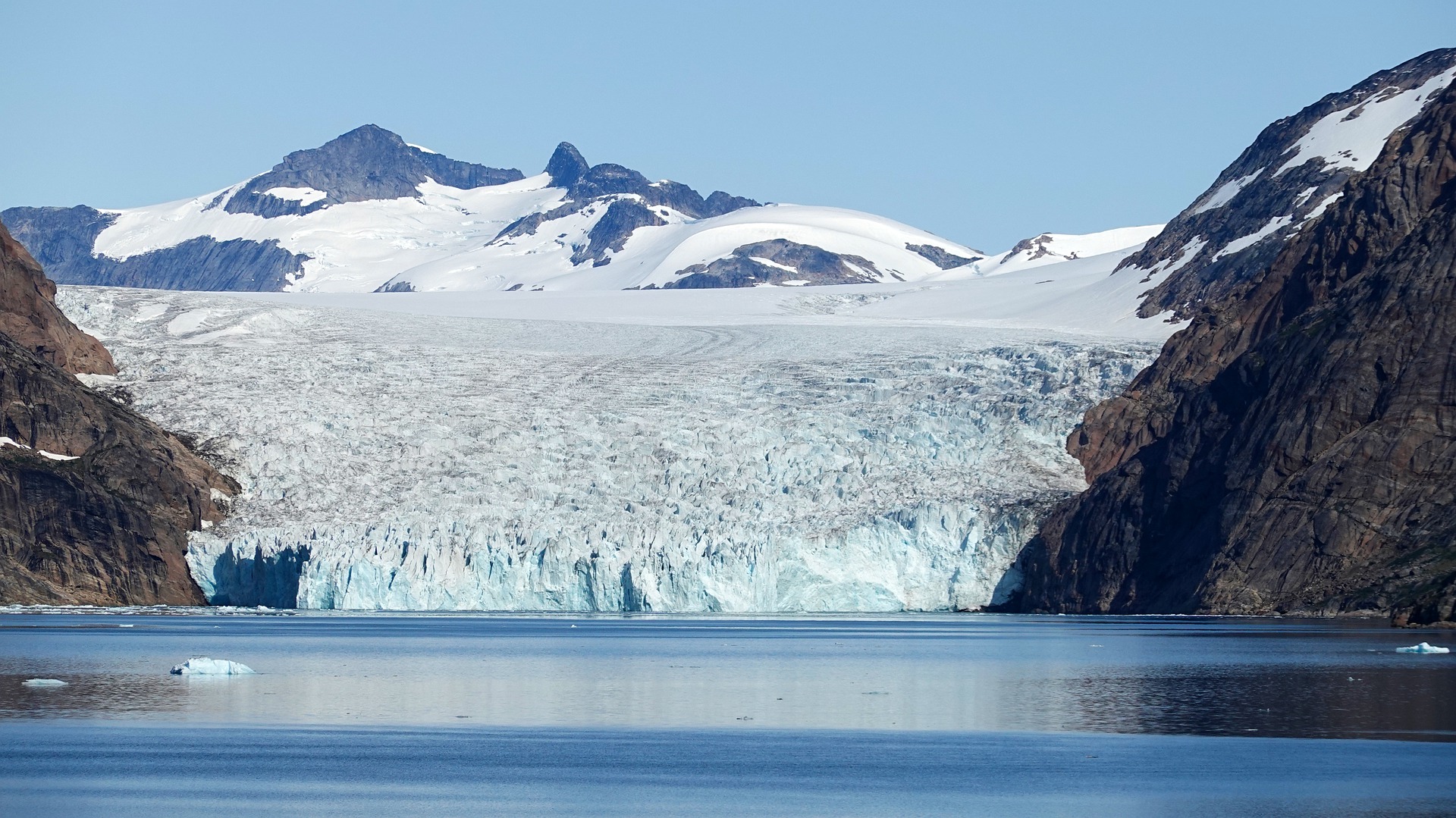Media release
From:
Mass loss from the Greenland Ice Sheet is predicted to be higher in this century than any time in the past 12,000 years. The simulations, published in Nature, are based on high-carbon-emission scenarios and consider the southwestern region of Greenland. The findings add to a body of evidence that suggests that reducing carbon emissions is needed to decrease the contribution of the Greenland Ice Sheet to sea-level rise.
As the Arctic warms, the Greenland Ice Sheet has been losing mass and contributing to sea-level rise, with mass-loss rates increasing substantially since the 1990s. An understanding of past Greenland Ice Sheet mass changes is needed to determine whether current loss rates, and those projected in the future, are unexpected or are related to natural variability. Jason Briner and colleagues produce high-resolution simulations based on geological observations covering southwestern Greenland for the past 12,000 years that extend continuously into the future (up to AD 2100).
The simulations suggest that mass loss from the Greenland Ice Sheet in the twenty-first century will exceed the maximum mass-loss rates from the past 12,000 years. They find the largest mass losses in the past (between 10,000 and 7,000 years ago) were at rates of around 6,000 billion tonnes per century, similar to the estimated rates of the first two decades of this century (2000–2018) of around 6,100 billion tonnes per century. However, future losses are expected to exceed those maximum rates. Projected mass losses for the rest of this century are in the range of 8,800 to 35,900 billion tonnes (based on the lowest and highest greenhouse gas emissions scenarios, respectively) — that is, the amount of ice losses this century could reverse 4,000 years of cumulative ice growth and exceed previous mass-loss rates by about fourfold. The authors conclude that unprecedented rates of mass loss will occur unless a low-carbon-emission scenario is followed.
Multimedia




 International
International


